As the educational landscape undergoes significant transformation, the decline in public school enrollment may seem concerning at first glance. However, this shift merely heralds an era of increased choice and innovation, offering profound benefits for families and students alike. Reports from The 74 on national school enrollment declines and the potential risk of school closures due to enrollment loss provide crucial insights into these trends.
Reflecting on the educational shifts in Arizona, Iowa, and Florida, it’s evident that the evolving market is not a harbinger of decline, but an indicator of diversification and growth. These states exemplify how educational choice policies empower families to customize their children’s schooling to match their unique needs and preferences, embracing the wider societal shift towards personalization.
The transition toward viewing education through this lens of consumer choice mirrors a broader trend in society where customization is increasingly valued. The decline in traditional school enrollments signals a deeper transformation, showcasing a growing appetite among parents for educational environments that align with their increasing demands for flexible learning experiences.
Moreover, the dynamism in the education sector encourages innovation and competition among schools, driving improvements in quality and diversity of offerings. As families exercise choice, providers must react to their preferences. This competitive environment, rooted in choice, ensures education evolves to meet changing societal needs and preferences.
In essence, the shifts we are witnessing in the education market are not just challenges but opportunities for enhancement and growth. By embracing this dynamism, we can create a more responsive, efficient, and inclusive education system, where the diverse needs of our children are met with innovative and tailored solutions.
